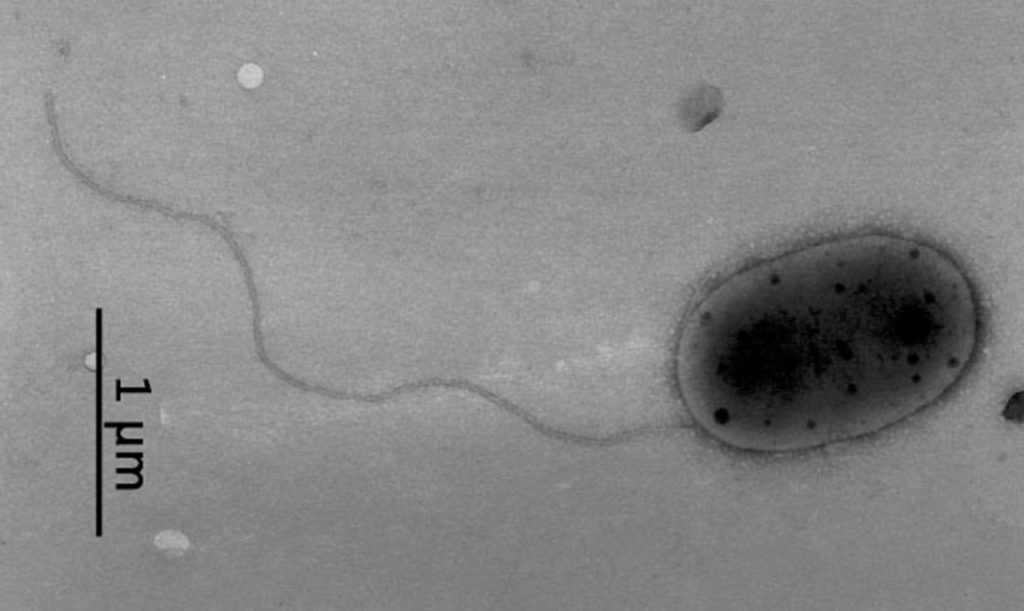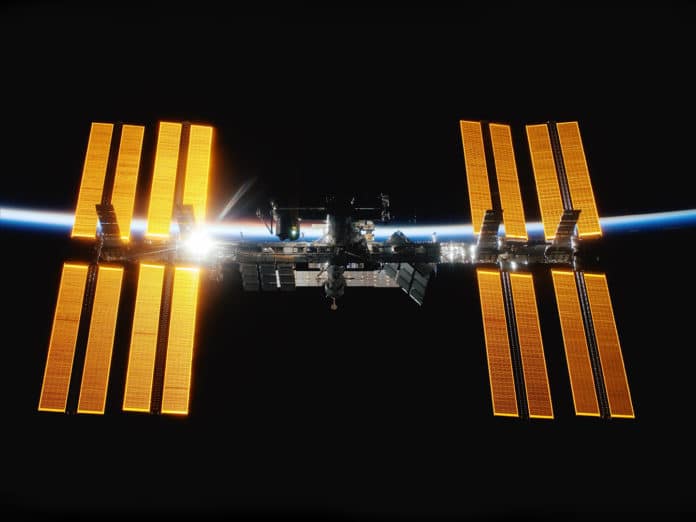The growth of plants in outer space has gathered so much interest. Scientists experiment with different lighting and temperatures to see which environment is best for growing plants. They also simulate the conditions on the ISS to see which plants could thrive in low Earth orbit.
However, in outer space, plants need to withstand some rigorous conditions. For that, they need extra help from bacteria.
A discovery aboard the International Space Station (ISS) may help create the ‘fuel’ to help plants withstand such stressful situations. Scientists working with NASA described the discovery and isolation of 4 strains of bacteria belonging to the family Methylobacteriaceae from different locations aboard the ISS across two consecutive flights.
One of the strains was identified as Methylorubrum rhodesianum, while the other three were previously undiscovered and belonged to a novel species novel. Scientists named them IF7SW-B2T, IIF1SW-B5, and IIF4SW-B5 as their genetic analysis shows them close relative to Methylobacterium indicum.
Methylobacterium species are involved in nitrogen fixation, phosphate solubilization, abiotic stress tolerance, plant growth promotion, and biocontrol activity against plant pathogens.

Dr. Kasthuri Venkateswaran (Venkat) and Dr. Nitin Kumar Singh of NASA’s Jet Propulsion Laboratory (JPL) say that “the strains might possess’ biotechnologically useful genetic determinants” for the growing of crops in space.”
“However, further experimental biology is needed to prove that it is, indeed, a potential game-changer for space farming.”
“To grow plants in extreme places where resources are minimal, isolation of novel microbes that help to promote plant growth under stressful conditions is essential.”
The species has been proposed to call Methylobacterium ajmalii to honor the renowned Indian biodiversity scientist Dr. Ajmal Khan.
Dr. Kasthuri Venkateswaran (Venkat) and Dr. Nitin Kumar Singh of NASA’s Jet Propulsion Laboratory (JPL) say that the strains might possess” biotechnologically useful genetic determinants” for the growing of crops in space.
“However, further experimental biology is needed to prove that it is, indeed, a potential game-changer for space farming.”
“To grow plants in extreme places where resources are minimal, isolation of novel microbes that help to promote plant growth under stressful conditions is essential.”
As a part of the mission, scientists are monitoring 8 locations on ISS for bacterial growth. These sample areas include where the crew assembles or where experiments are conducted, such as the plant growth chamber.
While many bacterial samples from the ISS have been analyzed to date, roughly 1,000 samples have been gathered from different areas on the space station yet are anticipating an excursion back to Earth where they can be inspected.
According to Venkat and Singh, the eventual goal is to bypass this lengthy process and potentially find new novel strains using molecular biology equipment developed and demonstrated for the ISS.
Venkat and Singh said, “Instead of bringing samples back to Earth for analyses, we need an integrated microbial monitoring system that collects, process, and analyze samples in space using molecular technologies.”
“This miniaturized ‘omics in space’ technology – a biosensor development – will help NASA and other space-faring nations achieve safe and sustainable space exploration for long periods.”
Journal Reference:
- Swati Bijlani et al. Methylobacterium ajmalii sp. nov., Isolated From the International Space Station. DOI: 10.3389/fmicb.2021.639396
